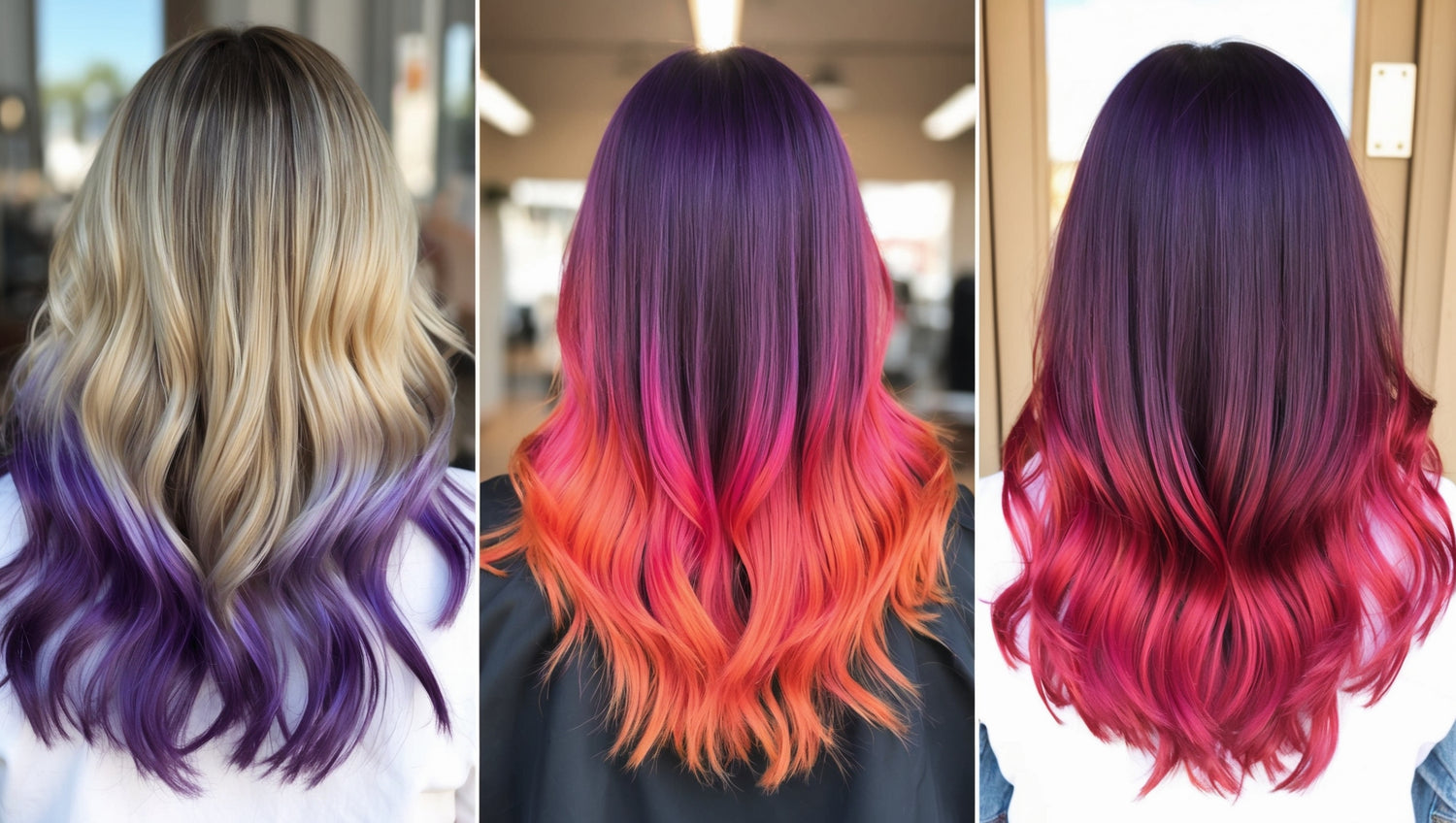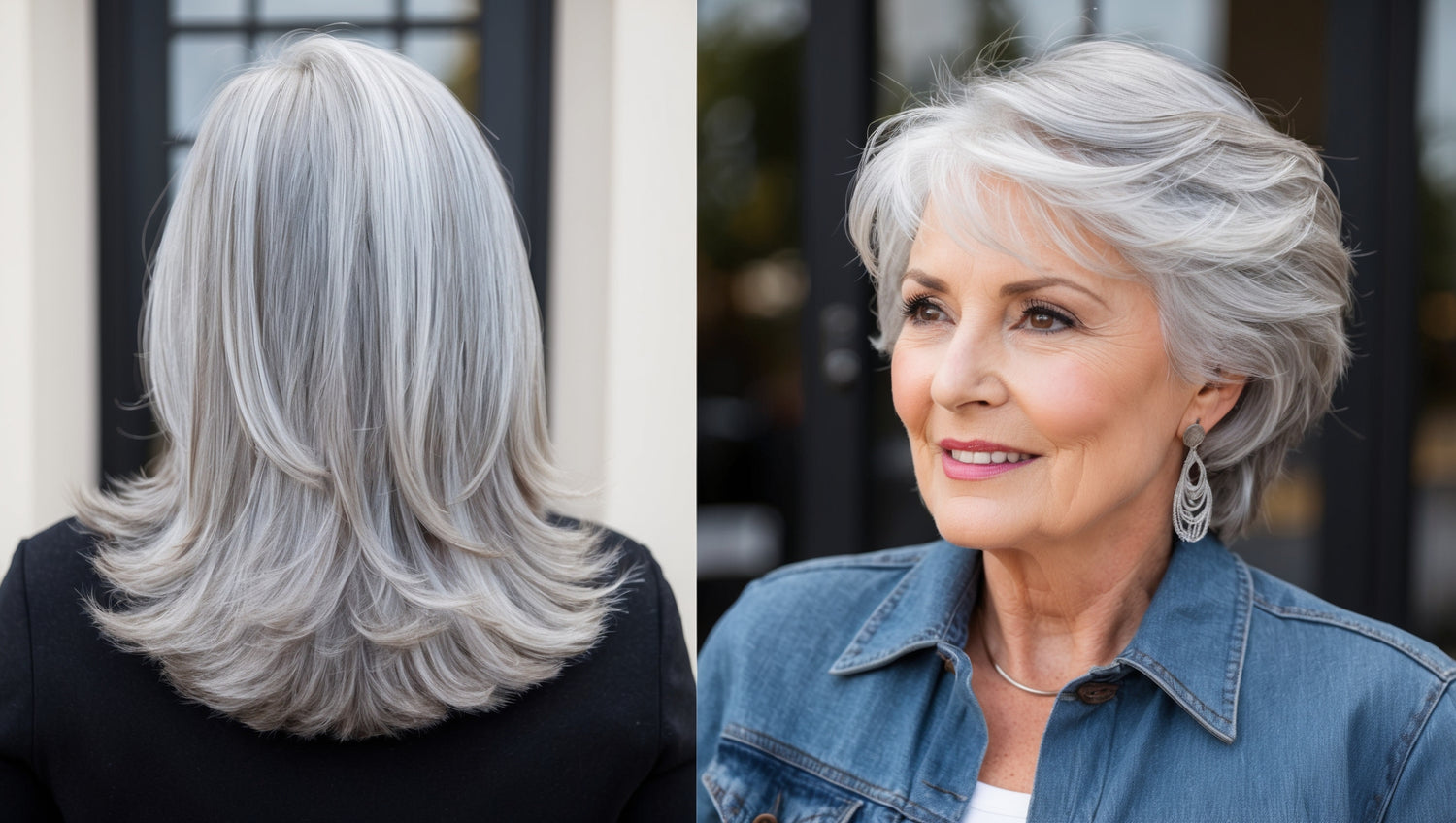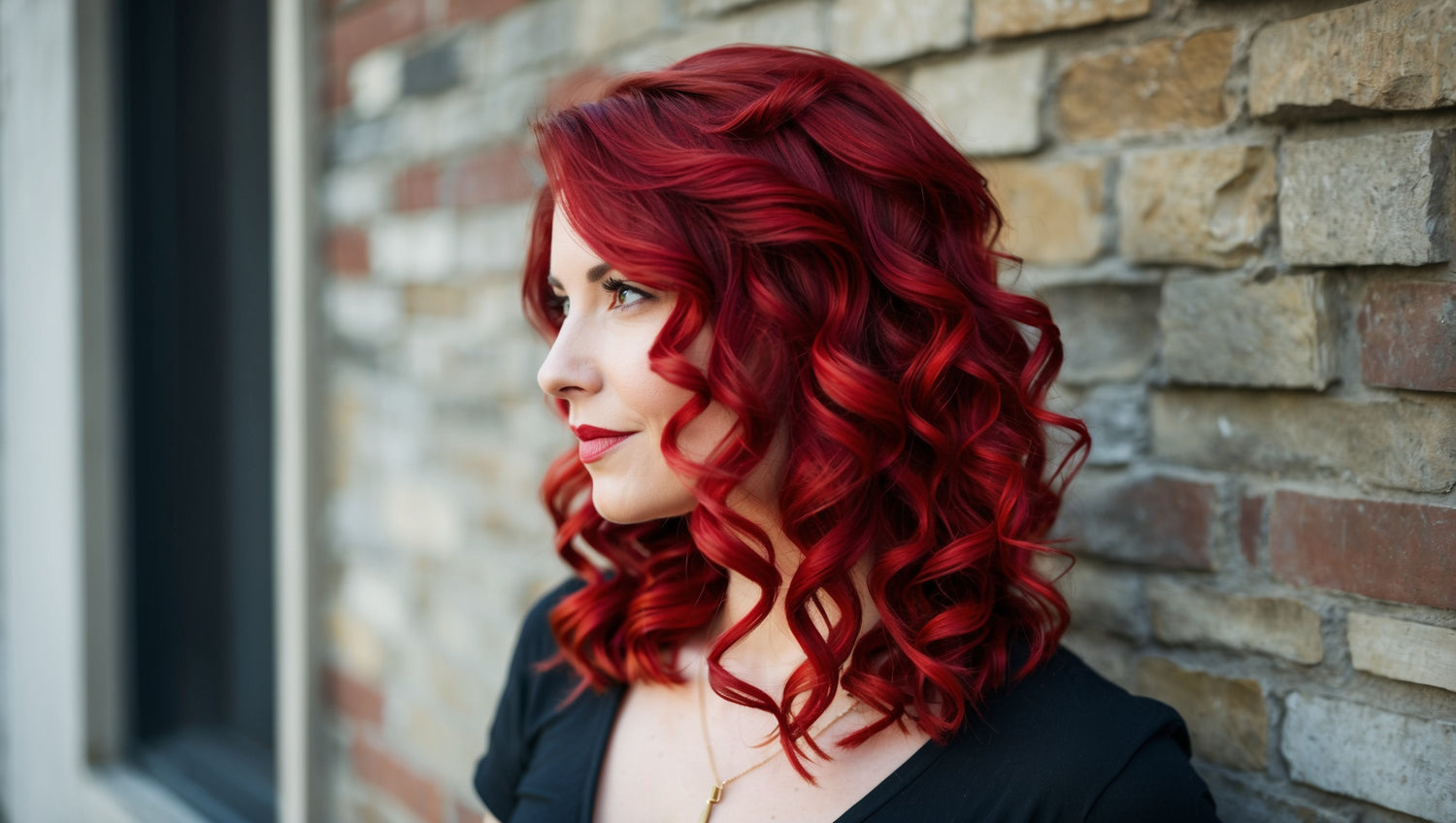Dry scalp is unpleasant and can be a real burden in everyday life. Scalp problems are not uncommon; around 60 percent of men and 40 percent of women suffer from them. The causes of sensitive scalps can be very different. With the right care, however, the hair and scalp can be relieved and the symptoms alleviated.
HOW DO YOU RECOGNIZE DRY SCALP?

A dry scalp is characterized by a feeling of tightness and irritation on the head. In addition, the hair can also be affected. It feels rough and is difficult to style. It does not contain enough moisture. This is because the skin's outer natural protective barrier loses moisture and is thus damaged. People who have a dry scalp are often also affected by dandruff (squama). Sensitive scalp is accompanied by symptoms such as:










